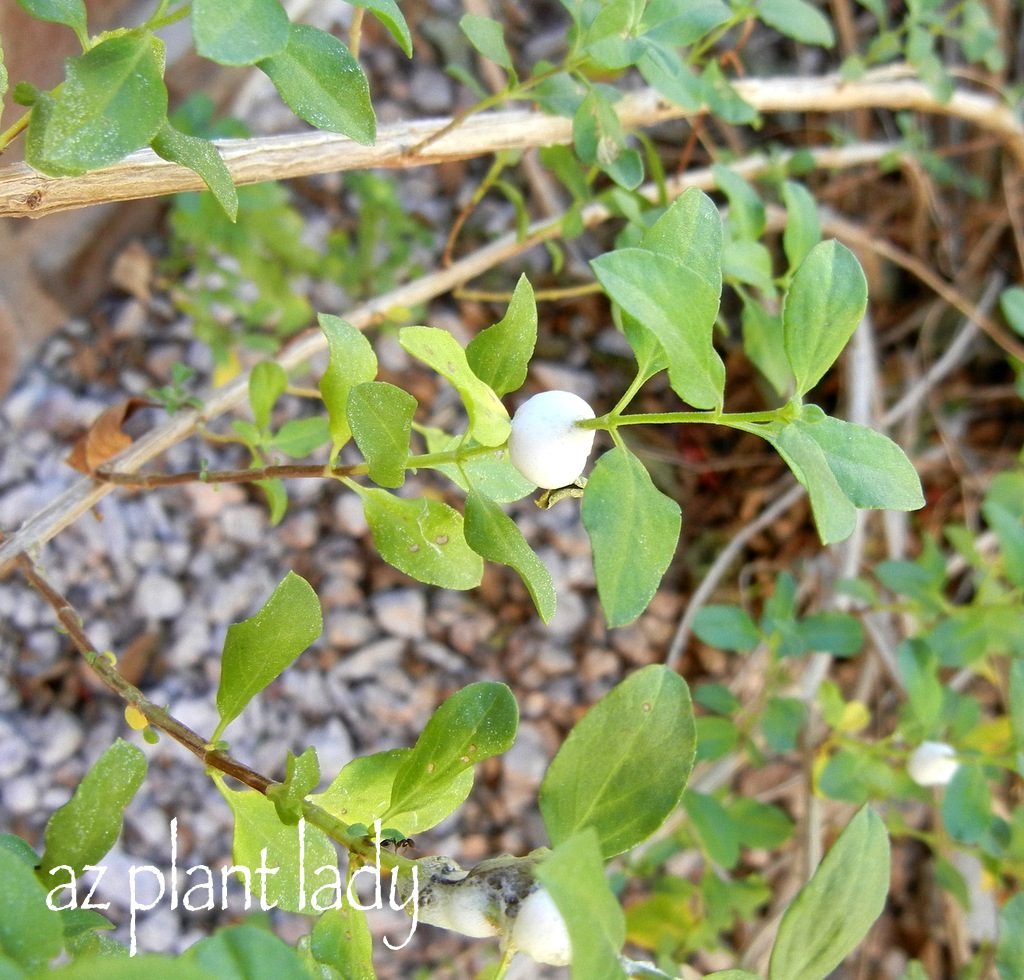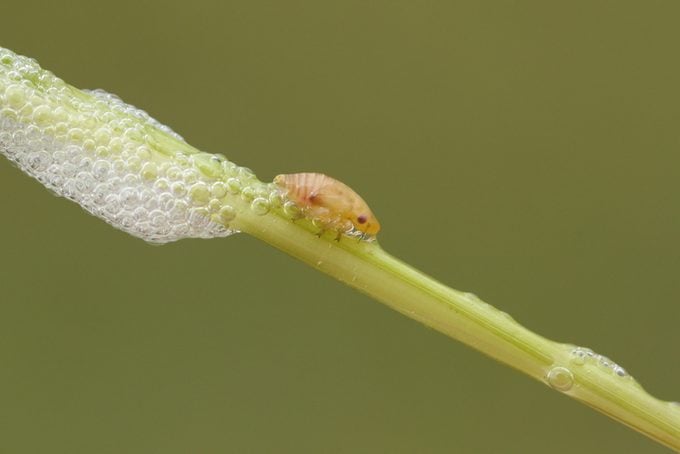The Best (and Easiest) Spittlebug Treatment
Updated: Jan. 17, 2023
Noticed frothy looking "spit" foam on your plants? You've got spittlebugs! Learn a simple spittlebug treatment that will get rid of these garden pests.
As a horticulturist, I am often faced with questions from people about some strange things that they observe on their plants. One common question is about spittlebug foam. Gardeners wonder what these bugs are and how to get rid of them. The good news is, there’s an easy solution and it doesn’t involve pesticides.

One of the most interesting symptoms are what look like ‘gobs of spit bubbles’ on their plants. Now, it isn’t caused by someone actually ‘spitting’ on their plants. Rather the culprit is a garden pest commonly referred to as a spittlebug or froghopper.
Spittlebugs are sucking insects that appear in spring, usually in humid climates (although I have seen my share in the desert, where I live). In their immature stage, spittlebugs attach themselves to a plant and secrete a frothy liquid to help protect themselves from the sun and other predators (such as birds) while feeding. I often find them feeding on rosemary and occasionally on salvia, but they like all types of plants including wildflowers, trees and grass.
Check out 10 natural ways to eliminate garden insect pests.

How to Get Rid of a Spittlebug
The good news is that if you are going to have an insect problem, a spittlebug isn’t all that bad. First of all, it doesn’t do much damage to the plant. So in most cases, if you do nothing your plant will probably be just fine.
But, if you really don’t like seeing small gobs of ‘spit’ on your plant, there is an easy treatment. All you need is to spray the spit and bugs off with a strong jet of water from your hose. This separates the a spittlebug from your plant and ‘washes’ off their frothy covering. This is bad news for the bugs, because they are now visible to birds who find them delicious.
Next, discover the beneficial insects you want to see in your garden.



















